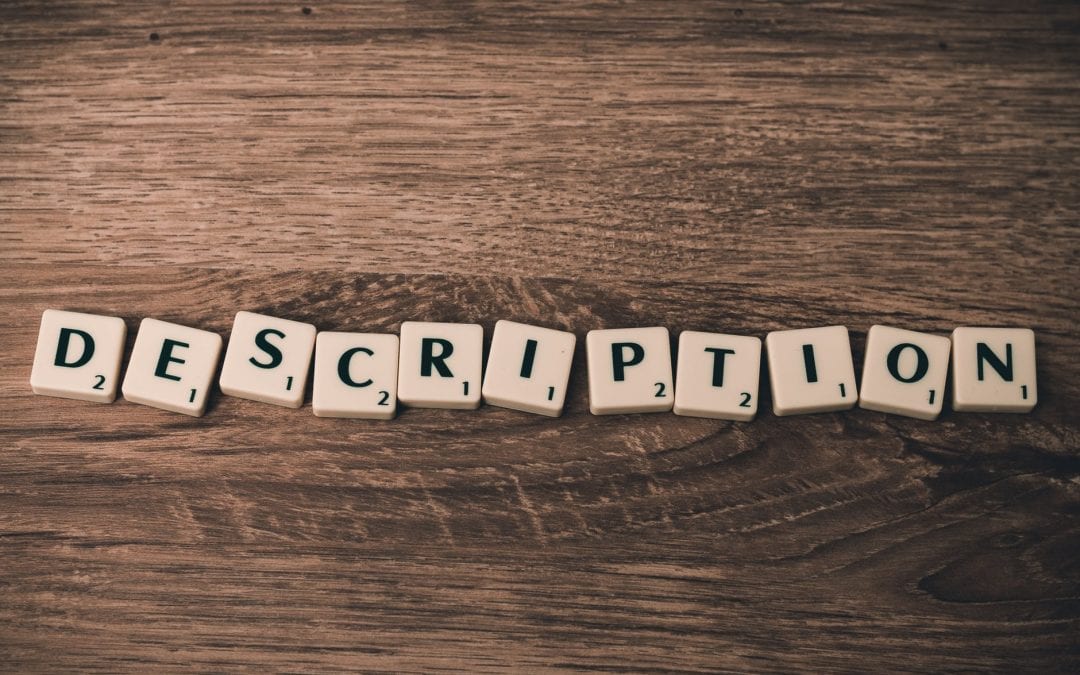By: Conor Bezane
I am a writer. I am a blogger. I am a music aficionado and a tennis player. I am a television producer. But I am NOT bipolar. I happen to have the bipolar condition.
Many of us always say our illness doesn’t define us, yet it’s hard not to catch ourselves saying, “I’m bipolar.” In reality, it’s just an ailment — a side dish, if you will. It’s not the entrée or the main event.
Let’s look at the semantics. Bipolar is an adjective — never a noun — that means “being, characteristic of or affected with a bipolar disorder,” according to Merriam-Webster. So in that sense, “I’m bipolar” is correct grammatically.
People sometimes say “I am diabetic” or “I am epileptic,” but it seems to me that more often than not, people with these conditions say, “I have diabetes” or “I have epilepsy.” We should take a cue from them. No one would ever refer to someone who has cancer as being “cancerous.”
When I am meeting someone for the first time and they ask what I do, my first response is usually, “I’m a writer.” Which usually triggers the response, “What do you write about?” To which I reply, “Well, I happen to have bipolar disorder and I also happen to be a recovering alcoholic, and I’m writing a book about it.”
Back in the early days of AIDS, in the ‘80s when the HIV virus was a new phenomenon, people often said that the afflicted were “dying of AIDS.” Now, no one ever says that. The vernacular is now to refer to people as “living with AIDS.” No one says they are “dying of AIDS” anymore. It’s disrespectful. Stigmatizing even.
Those early AIDS advocates were onto something. We should say we are “living with bipolar.” Might I suggest also saying, “I am coping with bipolar disorder,” as an alternative.
And I abhor the idea of calling it “bipolar disease.” It’s much better to call it a “condition.”
In the end, you should just go with your gut and say what feels right for you. If you want to say, “I’m bipolar,” feel free to. I just choose not to say it that way. At least when I am paying attention to what I’m saying.


